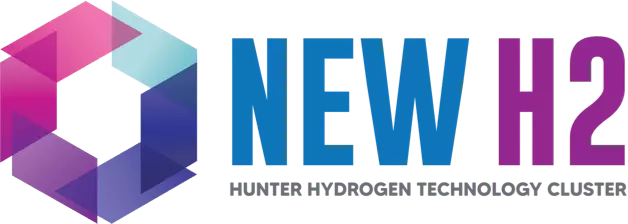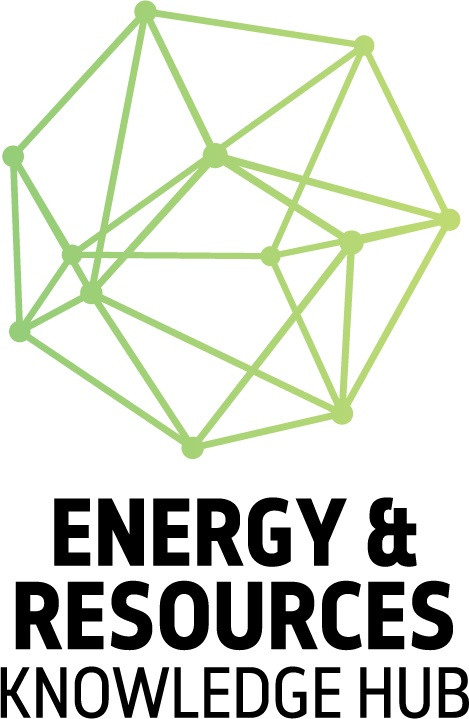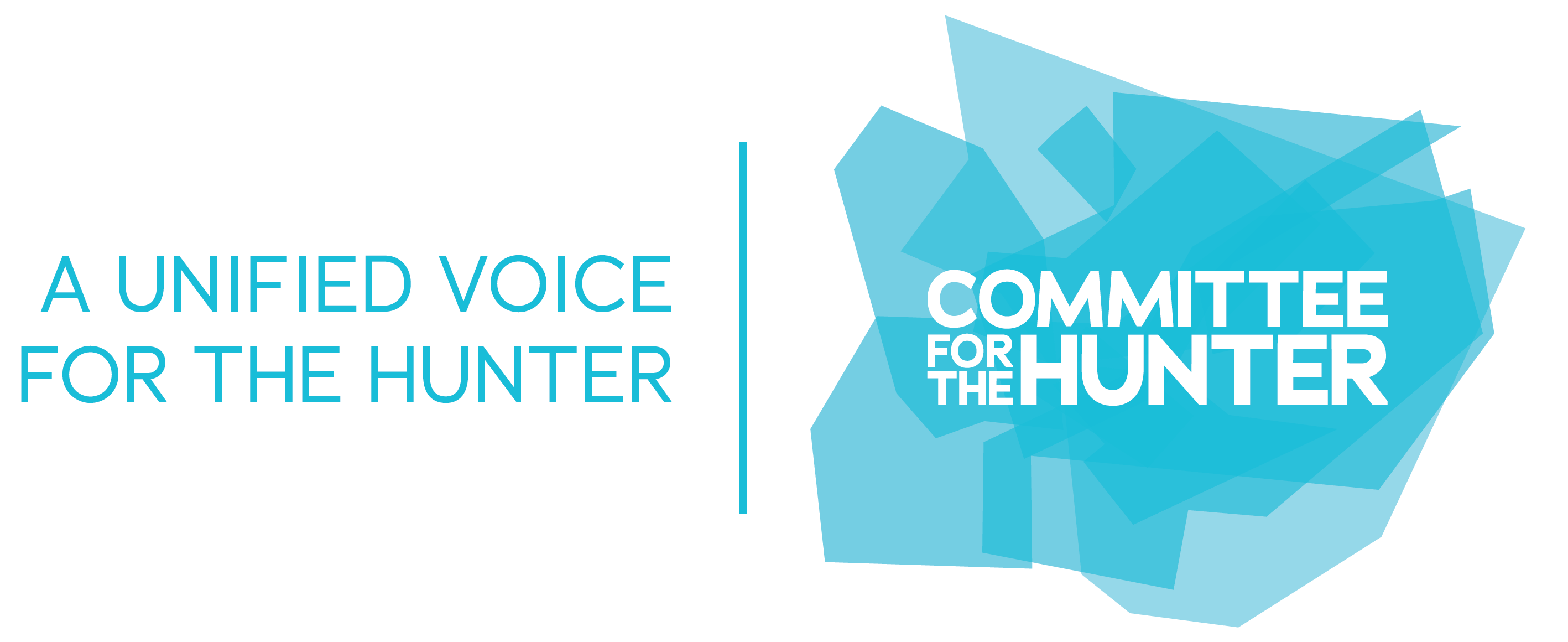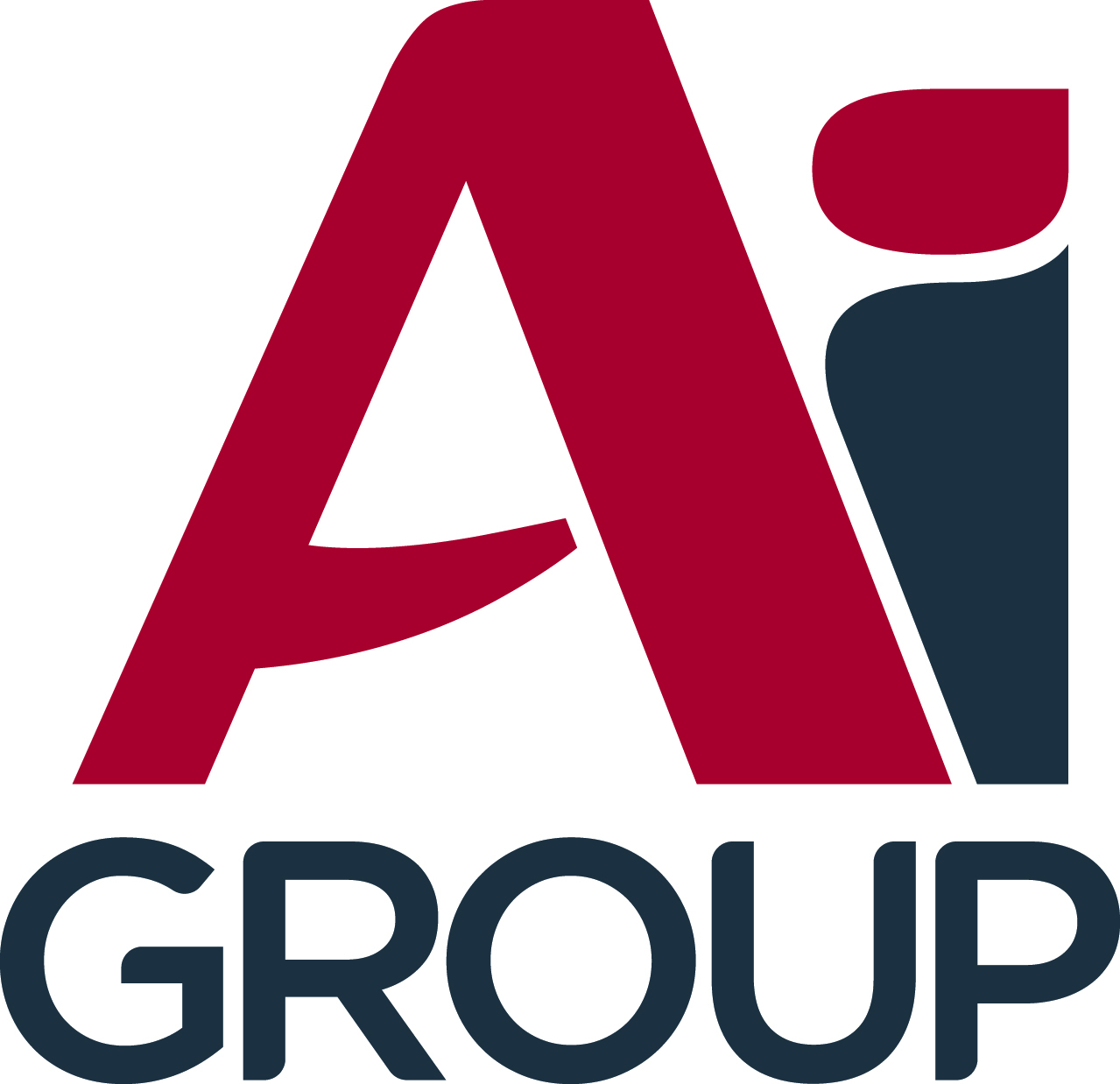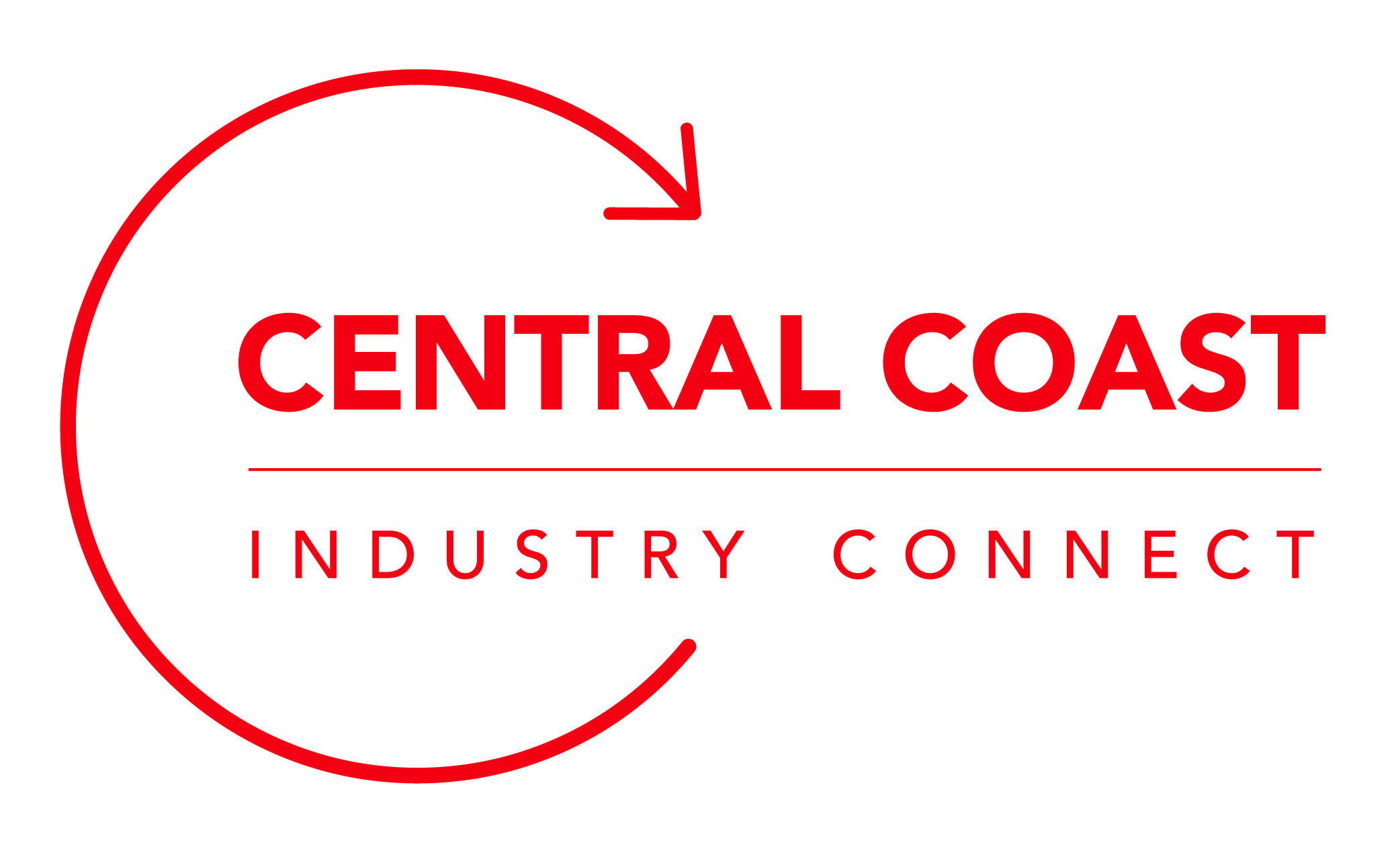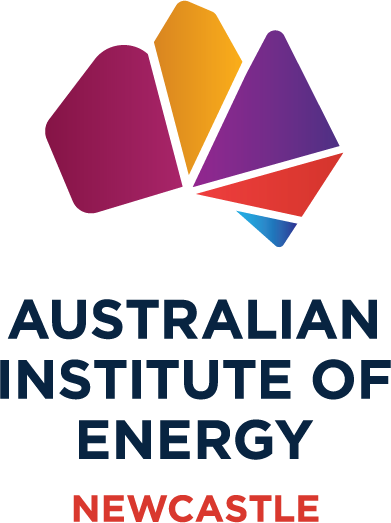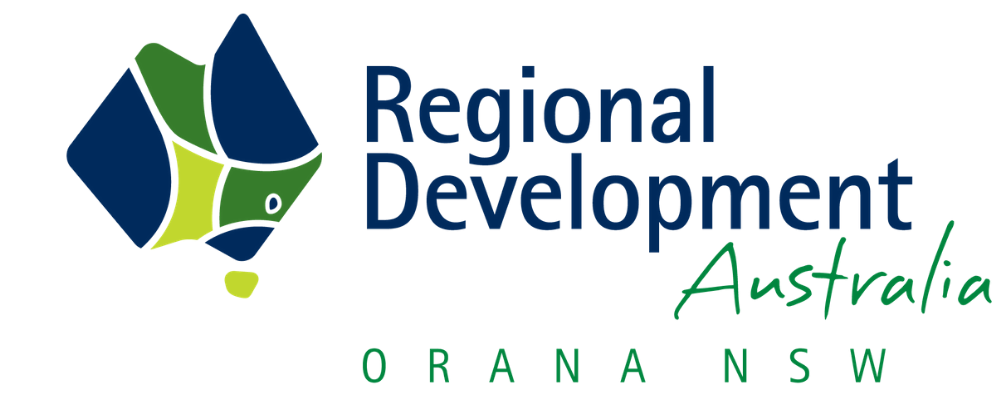Hunter Hydrogen Hub one step closer as feasibility study kicks off
AGL Energy has announced today that an expanded feasibility study is underway to explore the development of a green hydrogen and ammonia production facility at AGL’s Hunter Energy Hub

According to AGL Chief Operating Officer, Markus Brokhof, The Hunter Energy Hub will be "the first of its kind in Australia and will be an example of how an energy hub can combine grid-scale batteries, solar thermal storage, wind and pumped hydro. It will be an industry-leading model for our other large generation sites and others across the country.”
When operational, the Hunter Energy Hub is projected to drive the development of around 1,000 permanent jobs across energy production, advanced manufacturing, recycling and the production of chemicals.
The feasibility study, due for completion late 2022, will inform the Hub project by mapping key operational and commercial plans for the project as well as developing a production timeline. The study is leveraging the input of additional key industry and consortium partners across multiple sectors which have signed Memorandums of Understanding related to the project:
-
APA Group – a leading Australian energy infrastructure business
-
INPEX Corporation – a global energy exploration and production company
-
Jemena – a leading owner and operator of a diverse portfolio of energy infrastructure assets across Australia
Osaka Gas Australia – a wholly-owned subsidiary of Osaka Gas Co Ltd – global natural gas and power company.
The new partners bring specific expertise to the feasibility study.
- APA Group will focus on opportunities for renewable generation to underpin hydrogen production as well as the potential for a transmission pipeline.
- INPEX Corporation has a particular focus on the feasibility of cost-competitive green hydrogen for export.
- Jemena will focus on the implications of injecting hydrogen into its existing transmission and distribution network and the opportunity renewable hydrogen presents for customers to continue to have a choice of energy solutions.
- Osaka Gas Australia has a particular focus on the feasibility of cost-competitive green hydrogen and hydrogen derived products for domestic use and/or export.
“As we create our Hunter Energy Hub, our aim is to develop strong partnerships that enable an efficient ecosystem and
create a circular economy,” Mr Brokhof said.
“Early estimates suggest the site can support a hydrogen facility of up to 2GW in scale, but we will also test critical inputs including renewable energy costs, firming requirements, electrolyser capital costs, logistics and utilisation.”
“The feasibility scope will focus on assessing the accelerated implementation of a large-scale production facility from
minimum 150MW and up to 2GW of hydrogen and preferred derivatives including ammonia for export and domestic use.”
FFI Director for East Australia and NZ, Felicity Underhill, said “the scale of green hydrogen production potential in the Hunter region is world leading and we’re keen to accelerate the delivery of this potential”.
